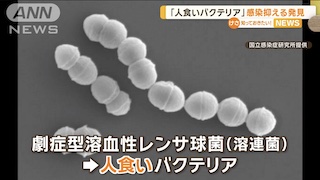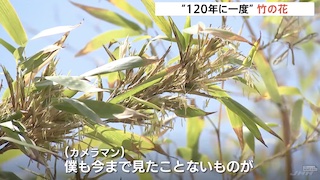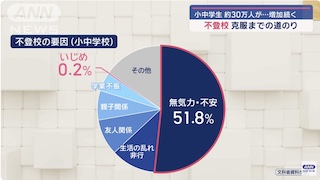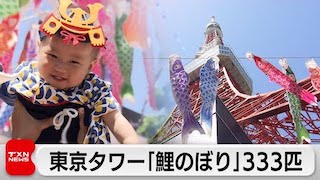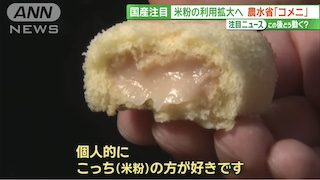Nov 20 (NHK) - The operator of the damaged Fukushima Daiichi nuclear power plant says it finished the third round of the treated and diluted water discharge into the sea as planned.
Tokyo Electric Power Company started releasing the treated water from the plant into the ocean after diluting it with large quantities of seawater. The first round began in August.
TEPCO officials announced on Monday that the latest round ended shortly past noon. They say 7,753 tons of water from 10 tanks was discharged without any trouble that would have halted the release. This round's release began on November 2.
Daily analyses of seawater samples taken from 10 locations within 3 kilometers of the plant showed a maximum tritium concentration of 11 becquerels per liter.
The figure is far below 700 becquerels per liter, the level set by the utility for suspending the release.
TEPCO plans to release about 31,200 tons of the treated water in four rounds during the current fiscal year that ends in March. The fourth is scheduled sometime after the start of 2024.
The Fukushima Daiichi plant suffered a triple meltdown in the 2011 earthquake and tsunami. Water used to cool molten fuel has been mixing with rain and groundwater.
The accumulated water is being treated to remove most radioactive substances, but still contains tritium. The treated water is stored in more than 1,000 tanks.
Before releasing the treated water, TEPCO dilutes it to reduce tritium levels to about one-seventh of the World Health Organization's guidance level for drinking water.



